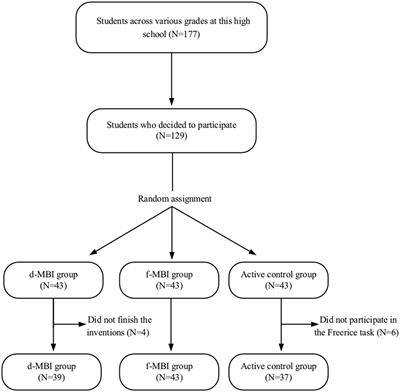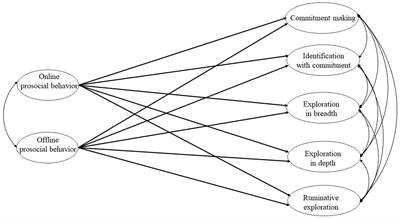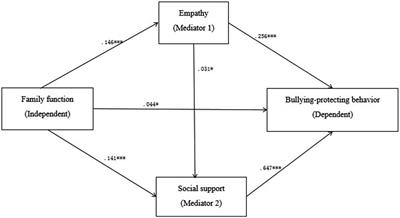EDITORIAL
Published on 03 May 2024
Editorial: Online prosocial behavior and altruism in adolescence and youth
doi 10.3389/fpsyg.2024.1402979
- 1,268 views
- 1 citation
3,493
Total downloads
17k
Total views and downloads
You will be redirected to our submission process.
EDITORIAL
Published on 03 May 2024
ORIGINAL RESEARCH
Published on 02 Aug 2023

ORIGINAL RESEARCH
Published on 25 May 2023

ORIGINAL RESEARCH
Published on 05 May 2023

ORIGINAL RESEARCH
Published on 01 Mar 2023

